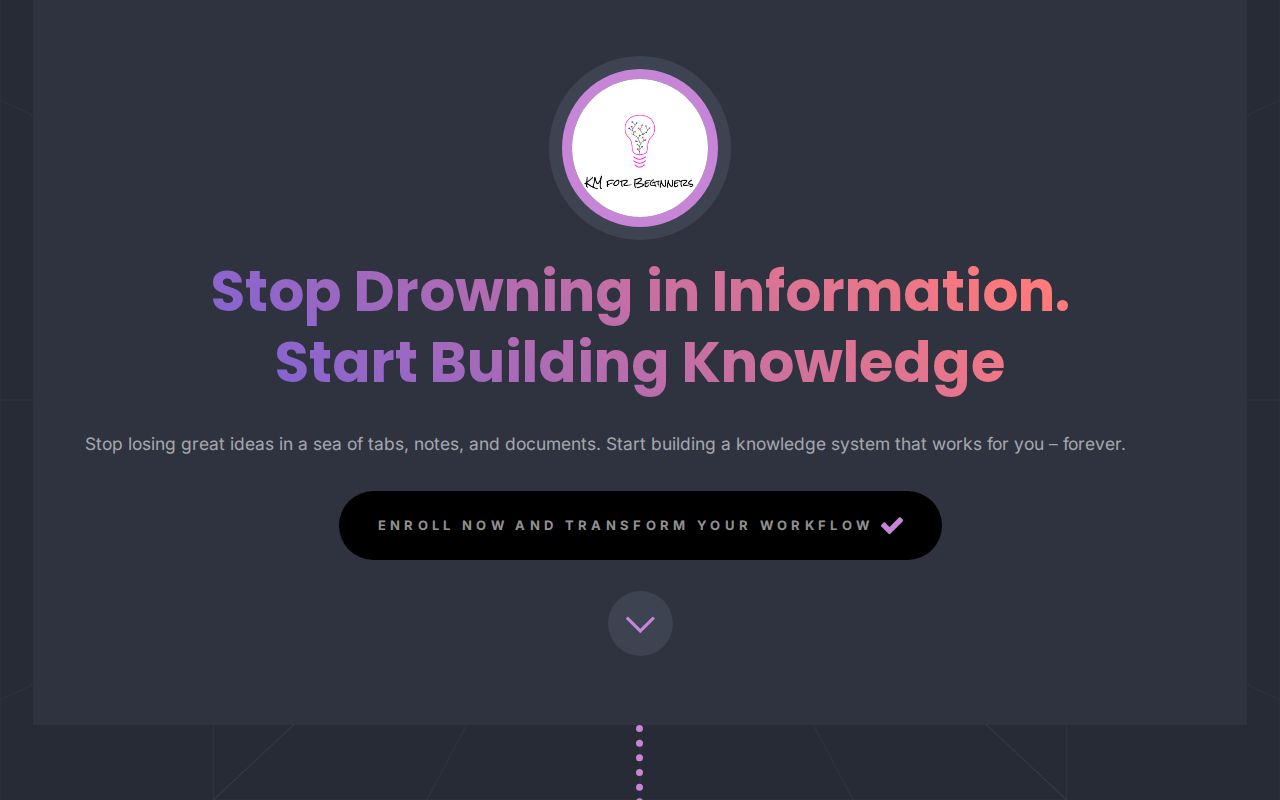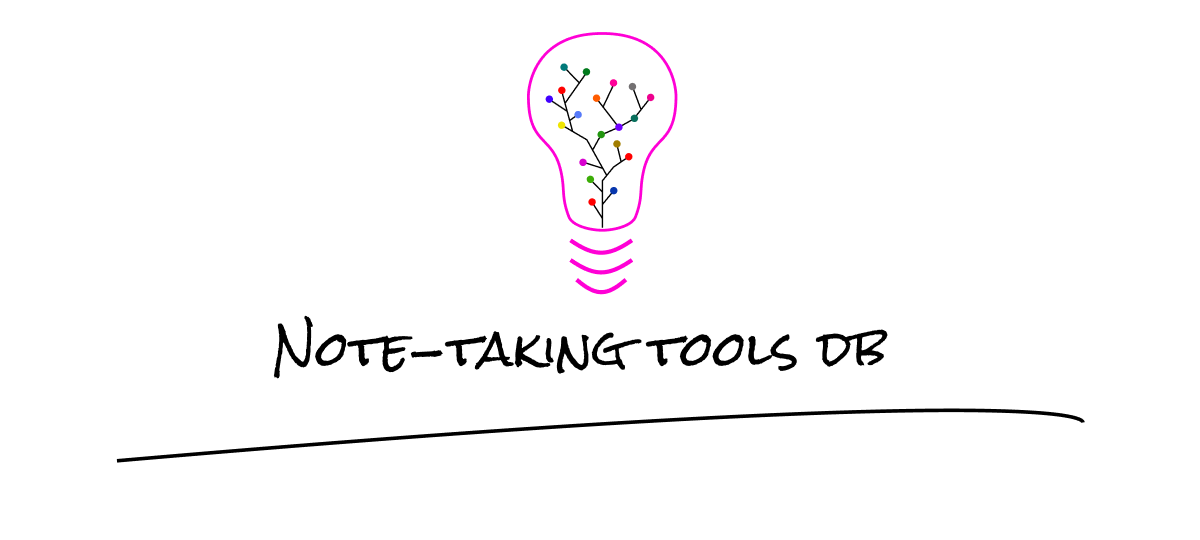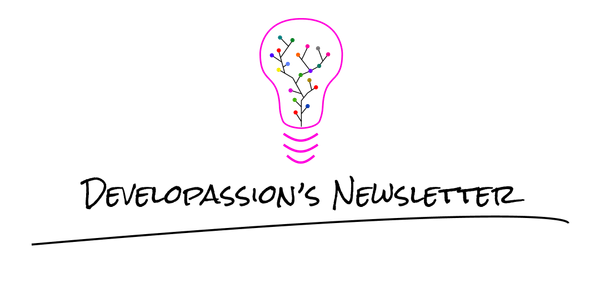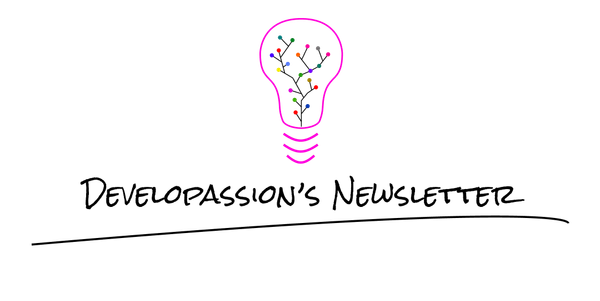The Gradual Return On Investment of PKM
Discover why the true value of Personal Knowledge Management (PKM) takes time to manifest and how patience can yield long-term leverage.

Is Personal Knowledge Management (PKM) devoid of value? Of course not. But why do so few people see its potential? And why do many of those who actually try it give up so quickly? The truth is that the benefits of PKM are rarely immediately visible, leading many to abandon it before they even get to see the true returns. If you're ready to unlock the "hidden" value of PKM, read on to discover the journey from initial investment to significant payoff.
The Initial ROI of PKM: Early Challenges
In my opinion, it's because the Return On Investment (ROI) of Personal Knowledge Management (PKM) is not immediately apparent. When individuals begin their journey with PKM, they often start with a minimal collection of notes and lack confidence. They don't know what to capture and how to organize their knowledge efficiently. Many are also burdened by unproductive habits instilled by traditional educational systems. Their notes are long, linear, and the ideas they express are not connected. Ultimately, the information they have stored is hard to find, and everything gets messy really quickly. Their system has little value, can't be leveraged, and quickly ends up being abandoned. How sad!


Reaching Critical Mass in Your PKM System
Reaching a critical mass of notes and connections takes time. It's only after this point that a PKM system begins to create leverage, and to feel truly valuable. Unfortunately, few people get to that point. Those who give up too early never reach the "Aha moment", and never experience the benefits.

PKM as a Long-Term, Compounding Investment
Consider Personal Knowledge Management (PKM) like investing. Buying a new video game provides instant gratification but offers no long-term value. Conversely, continuously investing in index funds (generally) yields compounding returns, building wealth and leverage over time. Similarly, by continuously adding valuable knowledge, inspiration, and ideas to your PKM system, you will create a compounding effect that will create more and more leverage for yourself.

Conclusion
In conclusion, the true value of Personal Knowledge Management (PKM) lies in its long-term benefits. While the Return On Investment may not be obvious, investing time and effort into building and maintaining a PKM system pays off significantly over time.
By reaching a critical mass of interconnected notes and ideas, you can create a powerful Knowledge Graph that enhances your thinking capabilities, boosts productivity, and provides lasting leverage.
Don't be discouraged by the slow start. Stay committed, and you'll surely experience the compounding rewards. Accept that Personal Knowledge Management is a journey, and not something you can get instant gratification from. It's more art than science, but however you approach it, it will take time before you reap the benefits.
Start investing in your knowledge today, and watch its value grow exponentially.
About Sébastien
I am Sébastien Dubois. You can follow me on X 🐦 and on BlueSky 🦋.
I am an author, founder, and coach. I write books and articles about Knowledge Work, Personal Knowledge Management, Note-taking, Lifelong Learning, Personal Organization, and Zen Productivity. I also craft lovely digital products . You can learn more about my projects here.
If you want to follow my work, then become a member.
Ready to get to the next level?
To embark on your Knowledge Management journey, consider investing in resources that will equip you with the tools and strategies you need. Check out the Obsidian Starter Kit and the accompanying video course. It will give you a rock-solid starting point for your note-taking and Knowledge Management efforts.
If you want to take a more holistic approach, then the Knowledge Worker Kit is for you. It covers PKM, but expands into productivity, personal organization, project/task management, and more:
If you are in a hurry, then do not hesitate to book a coaching session with me:






